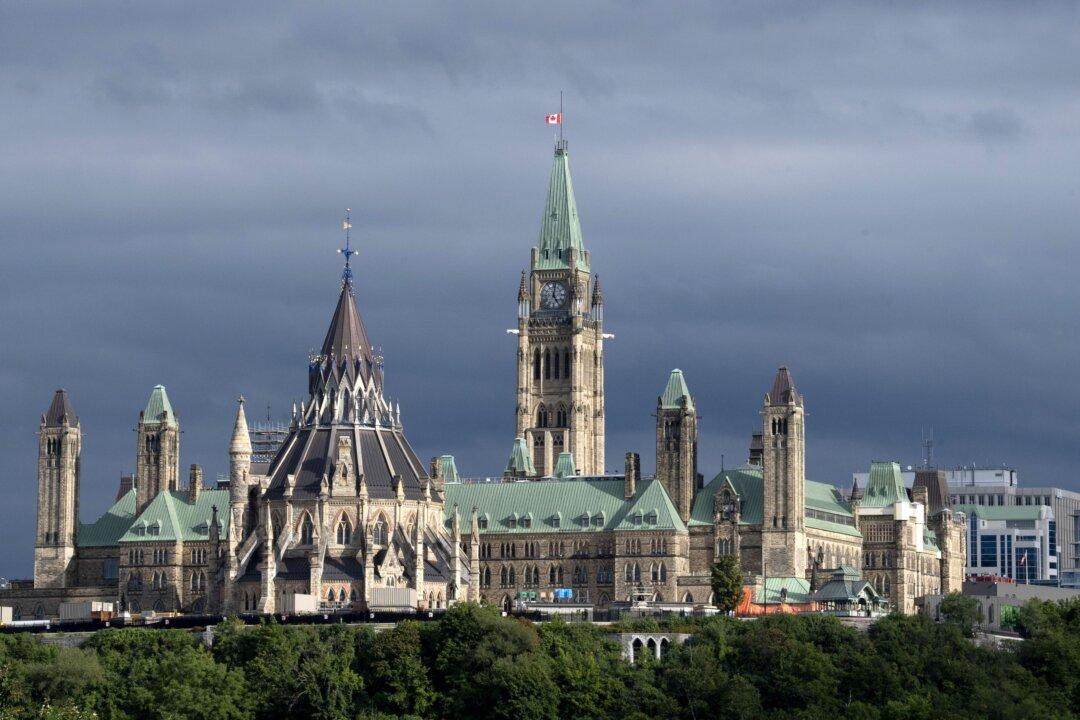Commentary
In a world of increasing complexities, it’s unsurprising but very disappointing that governments are confounding policy issues—and the convoluted solutions they create will inevitably generate more harm than good. Unfortunately, this is merely political theatre: The problems themselves don’t get solved at all. Do elected officials realize what they are voting on?




